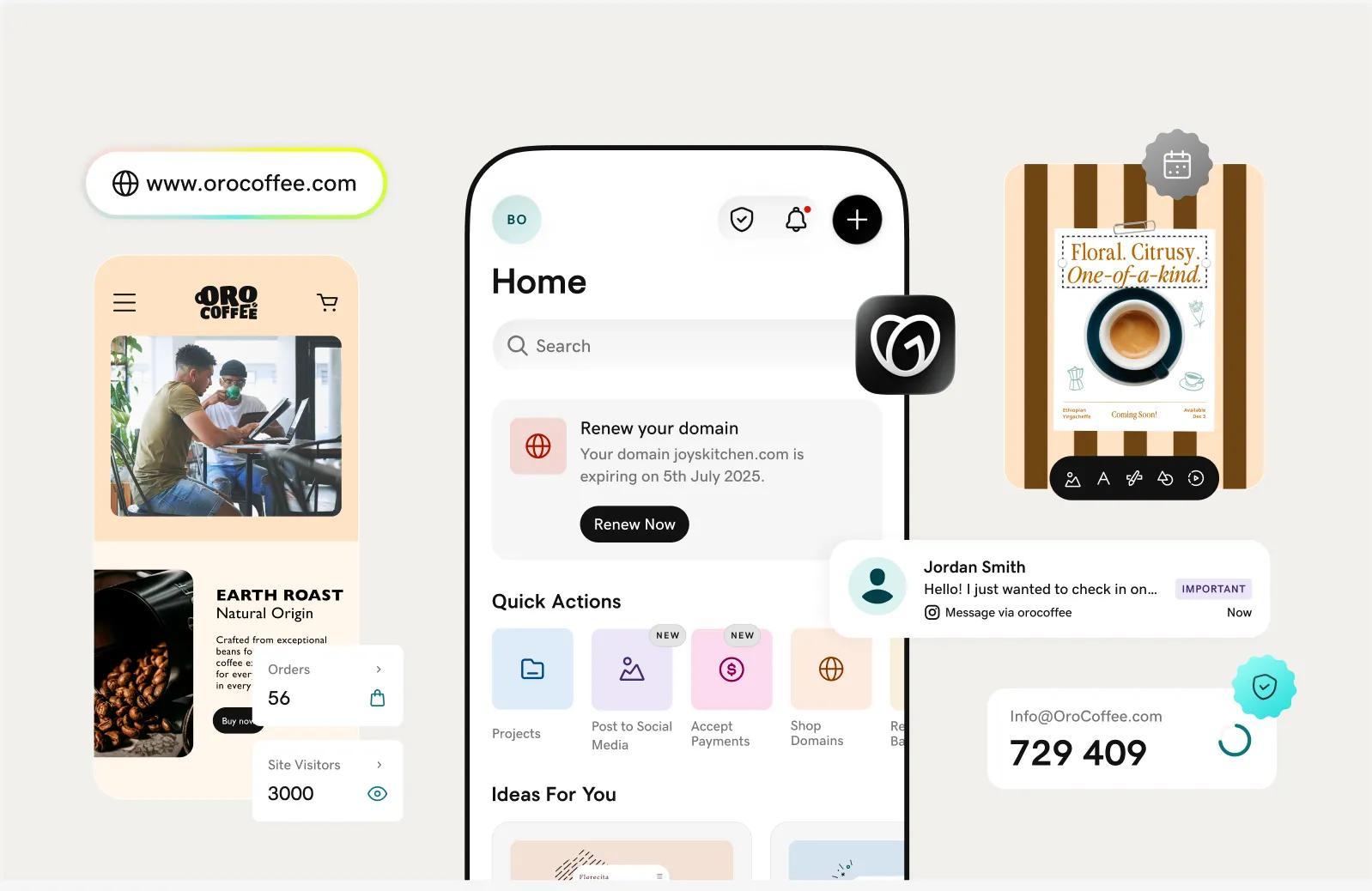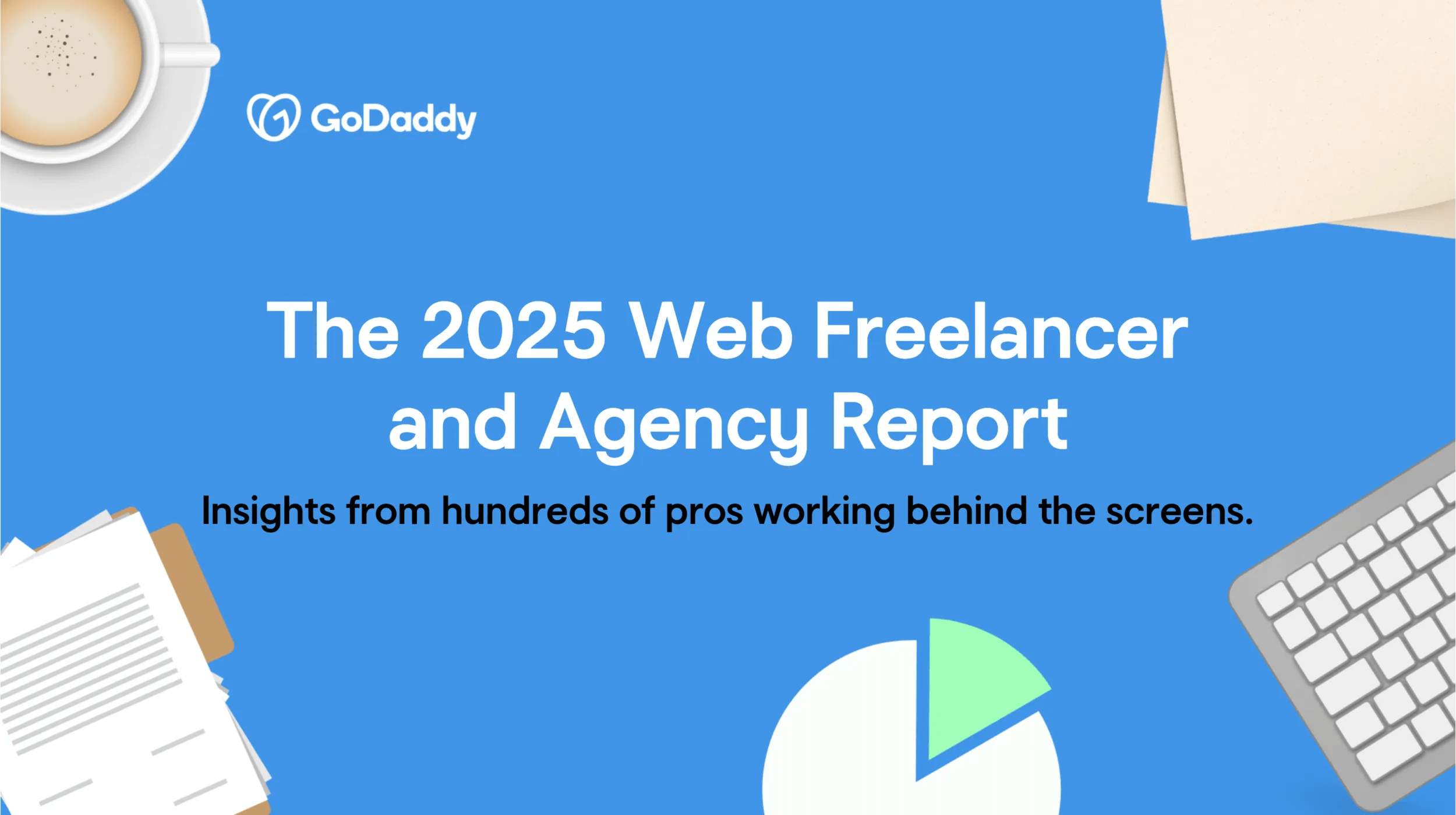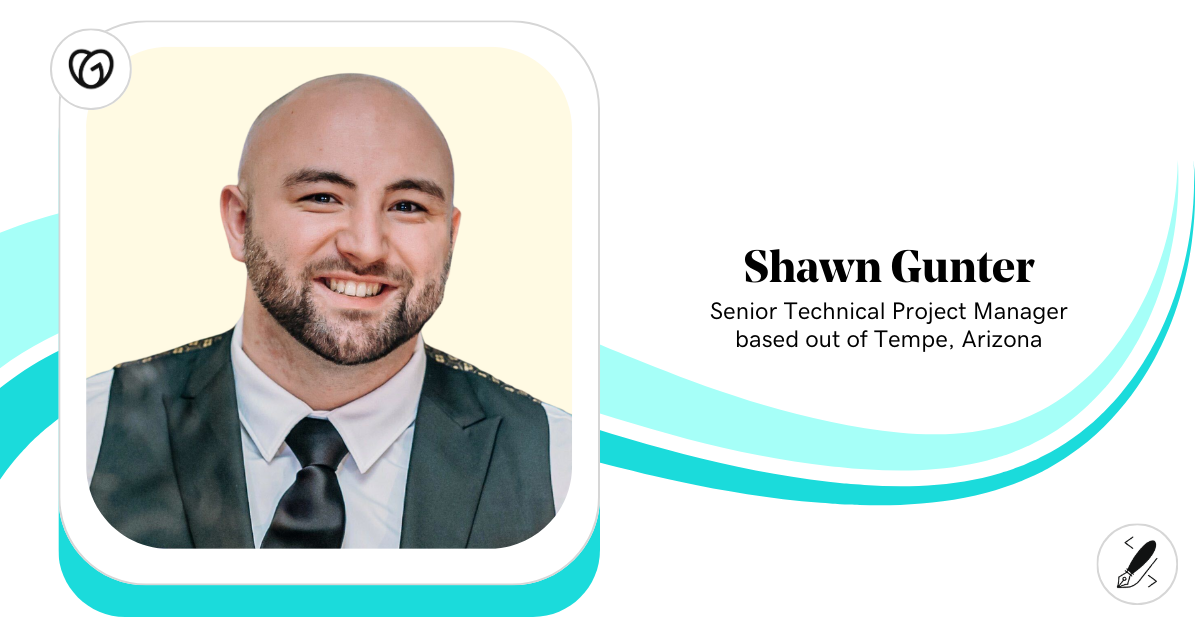If you’re like most web freelancers who’ve been around the block, you’ve done plenty of small freebie jobs for clients, friends and family, and maybe even for former clients. In fact, you may even have built entire websites for free.
I’ve been there, done that, and bought the T-shirt.
We need to talk about boundaries, the value of time and the true cost of a quick change for web designers and developers when you’re doing things properly.
Can you make a “quick change” as web designers and developers?
Recently I had a client — somewhat apologetically — cancel their $40/month “website maintenance & content updates” package with me as they were cutting costs. Hey, it’s COVID times out there, I truly understand. But a couple of weeks later, the now-former client emailed to ask if I could make “a quick change” to five pages on their website — for free.
The work they asked me to do would have been covered in the support package they just cancelled, which was steeply discounted to about a third of its regular price.
I’ll be straight up with you: it’s 100% my own fault that I was asked to do this, because I have historically done a poor job of setting boundaries with clients. And especially with clients I like.
It’s nice to feel like a hero, going above and beyond to get things done quickly. I had set the expectation, so I don’t blame this former client for asking me to do the work.
Would you have done it?
Before we go on, let me ask you a question: assuming the request involves just updating some heading text on five pages on a WordPress website, would you do that for no charge in this scenario?
How long could that take — five minutes, right?
In this case, I was super busy with another project. I was also not prepared to do it for free immediately after the support package was cancelled. So I quoted them a price for an hour’s work to cover the job, which was $120.
This didn’t seem to go down too well with them.
Why say no? It’s five minutes of work!
I shared this story in a private group of web freelancers, and I had a few people saying that I should have done the work:
- “It’s only an hour, personally I'd do it as a one off”
- “It’s only a small task”
- “Great for goodwill, develop the relationship”
- “They’ll appreciate the favor”
- “I'd send them an invoice with the full cost discounted down to zero ONE-TIME COURTESY DISCOUNT - Please consider this work is normally covered under our maintenance plan”
That last suggestion has me doing even more unpaid admin work!
Should I have just taken an hour for them? What about the next unpaid task I'm asked for? And the next favor? What if something goes wrong?
It does seem like a quick change — or actually five quick changes as there are five pages.
There’s no such thing as a quick change for web designers and developers
Here’s the thing… What I've found over the years is that quick changes take a LOT more time than you think, if you're doing it properly.
Every time you need to do a task there are overhead costs, things that will always need to be done.
Timeline of an unpaid "quick five-minute change" on a website
Here’s how that “quick change” could have gone if there were minor issues that needed just a few minutes extra attention:
Beforehand: Spend years developing expertise to the point you can make a change in five minutes
00:00: Stop doing the extremely valuable activity you're doing for your own business or a paying client
00:03: Read & process non-paying client's "quick change request"
00:05: Send email to non-paying client clarifying scope
00:08: Assuming the non-paying client replies instantly, read the clarifying reply
00:11: Get the login details from the password manager
00:14: Email the non-paying client asking them to reset the password, which was changed.
00:18: Get the new password from the non-paying client and login to website
00:19: Despair at the 22 WordPress updates that are pending
00:19: Find the backup plugin and kick off a backup of the site saving it on the system
00:22: Download the backup to my PC, because you should always have a local copy
00:24: Find the page(s) that need the "quick" change
00:25: Open page(s) in the editor, find the change location, verify details in the email, make the change
00:28: Test the change in an incognito window
00:29: Curse, and go looking for the caching plugin
00:32: Purge the cache and test the page again in an incognito window
00:33: Quickly check through the rest of the site to see if there was any adverse effect
00:36: Fix the thing that should not have broken but somehow it did
00:45: Quickly check through the rest of the site AGAIN
00:49: Briefly debate updating WordPress & plugins and mutter "sod it, it's not worth the risk"
00:50: Take another full site backup and download it
00:51: Log out and prepare email to non-paying client saying it's done
00:52: Remember you need to test the mobile version. Broken, D'OH!
00:53: Fix the broken text alignment in mobile
00:56: Test everything again on mobile, desktop and tablet modes
00:57: Take another full site backup and download it
01:04: Send email to non-paying client letting them know it's done, and they should update WordPress
01:05: Bask in the light of all the "exposure" you receive in return
01:07: Post-basking, try and fail to get back into the flow state for the important work from before
01:10: Give up and go for a beer
Note that this is not even a worst-case scenario! There are plenty of other things that could have gone wrong. And in this scenario, I’m not using a staging site, which would add another couple of steps to the whole process — another five or 10 minutes of overhead.
Perception and the cost of invisible tasks
The perception of a task is often very different from the actual task.
As a web freelancer, it’s easy to ignore or gloss over the majority of these steps because they’re often invisible, automatic steps for us — but they are all things that we need to do.
And we rarely list them out like this for ourselves, never mind for the client.
Some people might say that for free tasks, you might not do much testing, or even take a backup. But I’d argue that you should, because not taking backups before making a “simple change” is the path to ruin!
We gloss over these steps, and so the client does, too.
Why shouldn’t they? They’re not a website expert, and if you don’t spell it out, they don’t even realise the scope of what needs to be done. Their perception is that it literally is a quick change, like changing a sentence in a Word document and hitting save. And if you’ve made changes live for them on a call, you’re setting them up to expect all changes are quick and easy.
A client won't value it if you don’t set expectations by valuing it yourself.
Optimism and the cost of the unexpected
Apart from the typical overhead, things can go wrong. Sometimes it’s not even your fault but you’re to blame since you “touched it last” — you can log into a website and find something already broken, which you subsequently get blamed for.
Check the website and pages you’ll be working on before you start work and make a backup.
In the past I may have been overly optimistic and made the unwise decision to update the 22 plugins with updates available. From experience, that can end in tears. Or rather with a further half-day of unpaid work, if an update breaks something.
Even if nothing catastrophic happens, things can simply take more work than you think.
For example, you make a quick change to a heading which makes it longer. This has a negative impact on how it looks in mobile and tablet views, so you need to test, tweak the changes, and re-test on those devices. Multiply that for several pages and a five-minute task suddenly blows up into 30 or 40 minutes.
That's why I have to invoice for “quick changes” or have a maintenance contract in place, and you should too.
A favor given
The folks who told me there is value in doing favors were right. Favors can help build a relationship and create goodwill. And it might be for a charity or friend.
You need to make a judgement call.
Another thing to think about is how favors age:
“A favor given ages like wine; a favor received ages like bread”
To be a bit mercenary about it, this means that you should generally cash in on any favor you give people as quickly as possible, because its value will diminish over time, and they may even forget about it entirely.
How to set better expectations
Here are some things that I’ve changed for the better in my business.
Setting better boundaries in the first place: I try not to be “the hero.” In particular, that means no logging in and making changes while live on a call with the client. That sets really bad expectations for the future.
In fact, I try to set an expectation that all tasks will take a minimum of one business day from request to completion.
I have a minimum call-out fee of at least one hour for all changes, because in reality, it’s going to take a good chunk of one, as well as the mental energy and context switching cost.
I always offer a support contract which covers WordPress updates and includes one hour per month of “small changes.” I use The Hub from GoDaddy Pro to manage all my WordPress sites — and that takes a lot of small details off my plate (e.g. finding login details, doing backups, running safe updates, etc).
When making any small changes, I have a list of the steps required — a tidied-up, more professional version of the timeline above. I include that along with the pricing so that they understand the scope is more than just a “quick fix.”
I don’t touch anything unless agreed beforehand. If I make changes and something breaks, fixing that is a separate project.
When a client is coming off a paid support package, I will make it very explicit that all future support requests will have to be paid for.
And most importantly, I say no more often.
Say no more often
Along the bottom of my computer monitor, I have a bunch of post-its with various notes for myself. Some of them are reminders of things to say in meetings or on videos (e.g. don’t forget to “end with a call to action”).
But the most important one says “Say no more often.”
We can always earn more money, but we can never get more time.
My time is valuable. Yours is, too.
Love wasted time? (Neither do we.)
Fumbling for login credentials, running endless updates, explaining product purchases... No thanks. We built the Hub from GoDaddy Pro to save you an average three hours per month for every client site you maintain.








